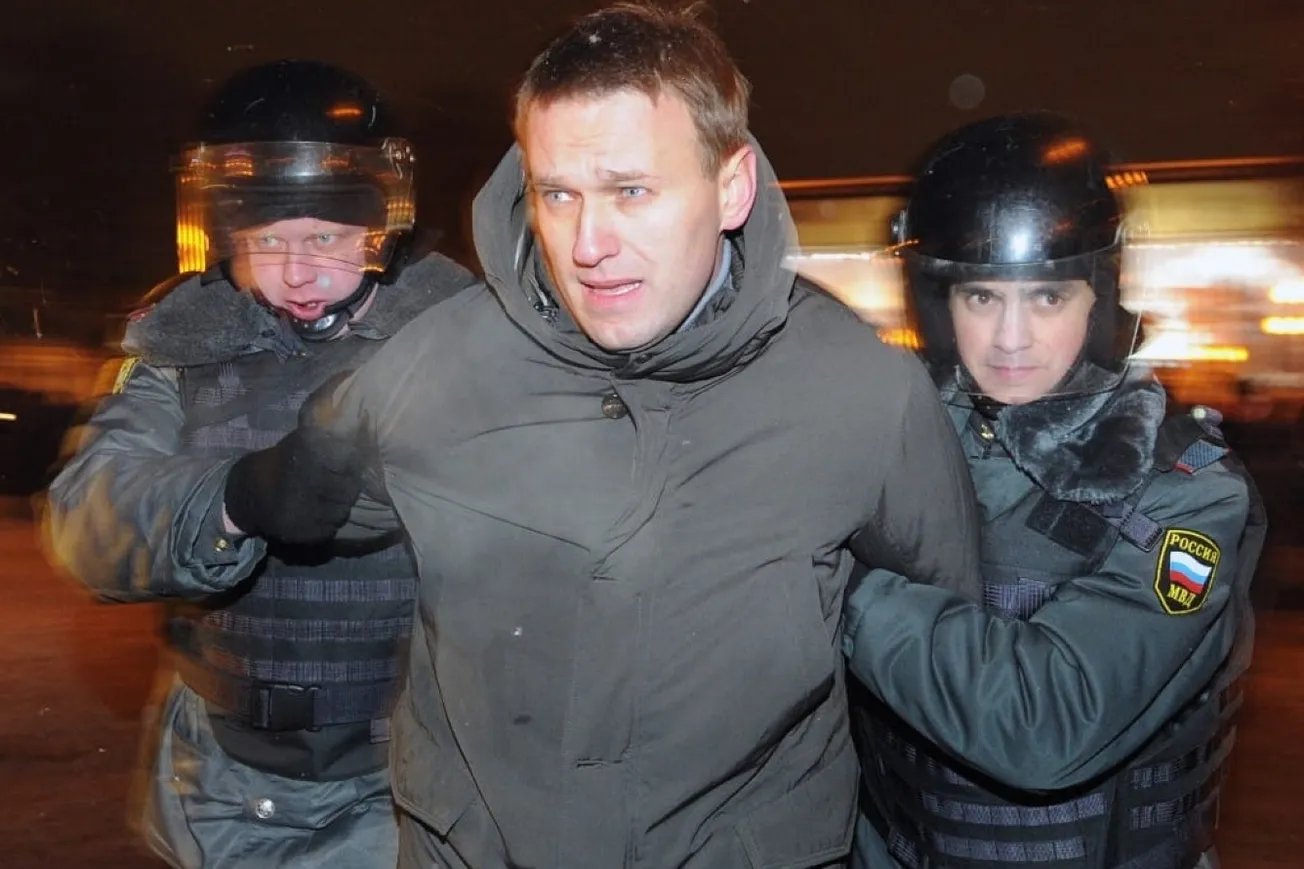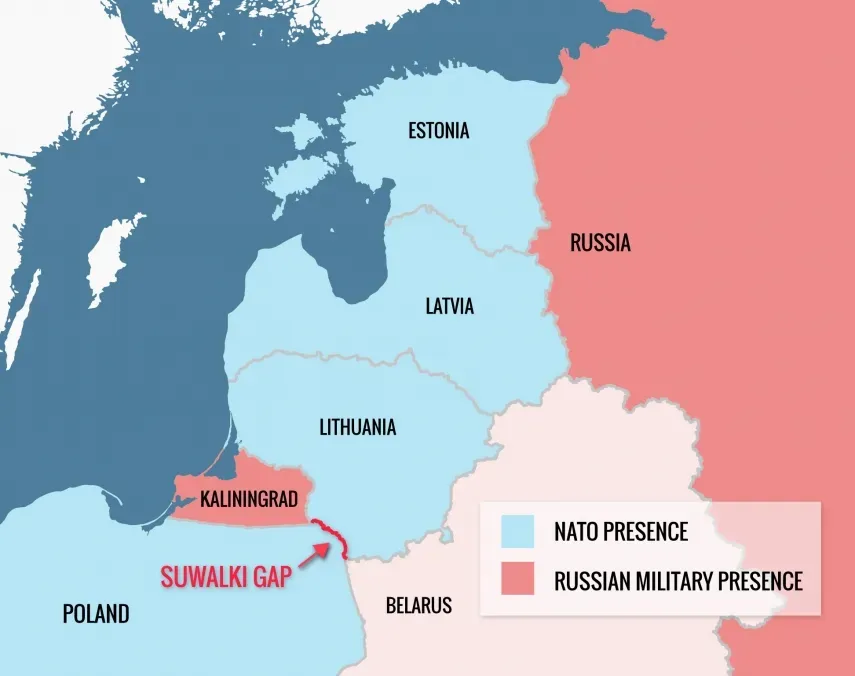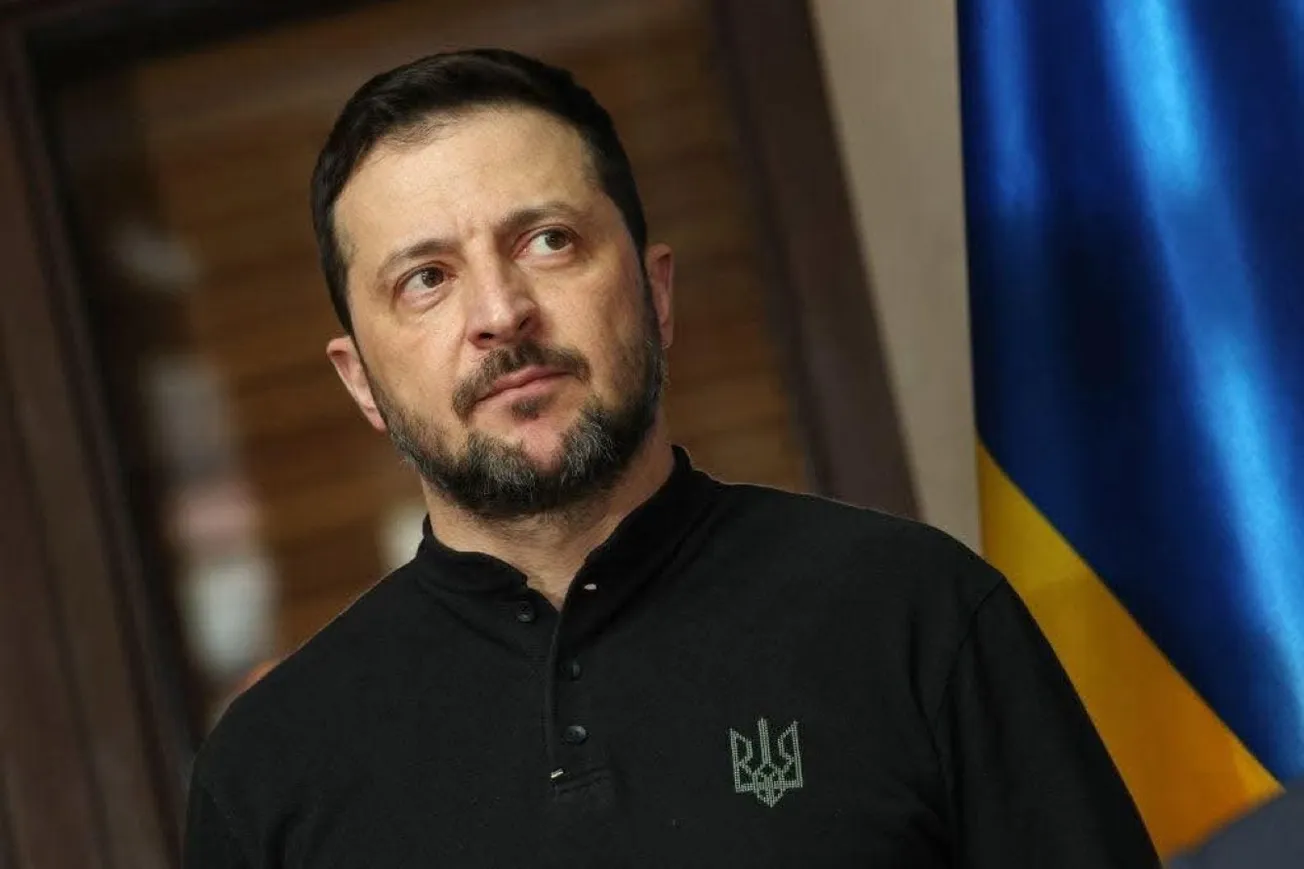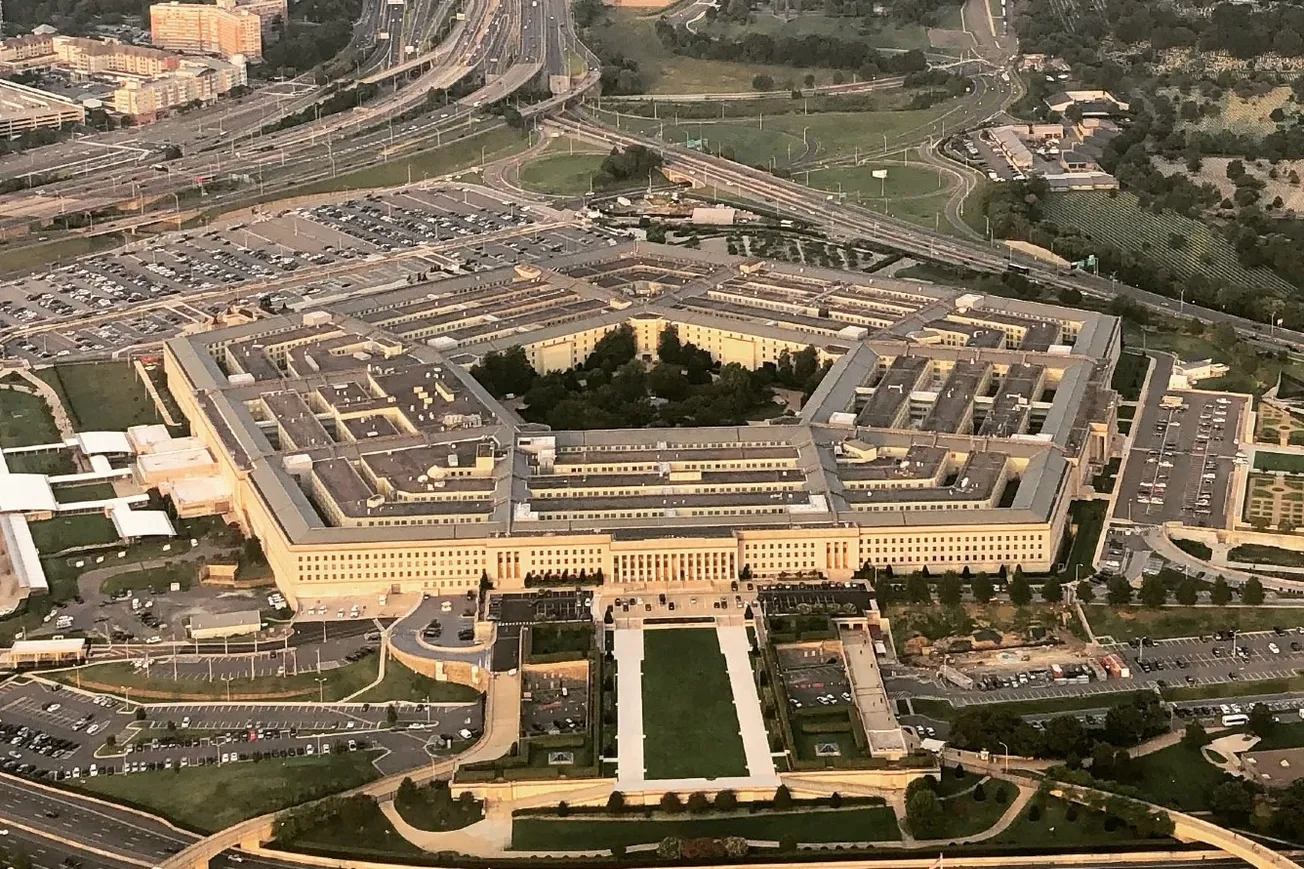Editor’s Note: This commentary offers Richard Haass’s perspective on President Trump’s diplomatic approach to the Russia-Ukraine war. We share it to inform readers about the strategic considerations shaping the current debate.
By Richard Haass, Project Syndicate | March 31, 2025
With the United States under President Donald Trump pressing for peace, matters could come to a head by this summer, when the pipeline of congressionally-approved arms for Ukraine runs out. Far from bringing peace, however, a US military cutoff of Ukraine could actually bring about an escalation in the fighting.









